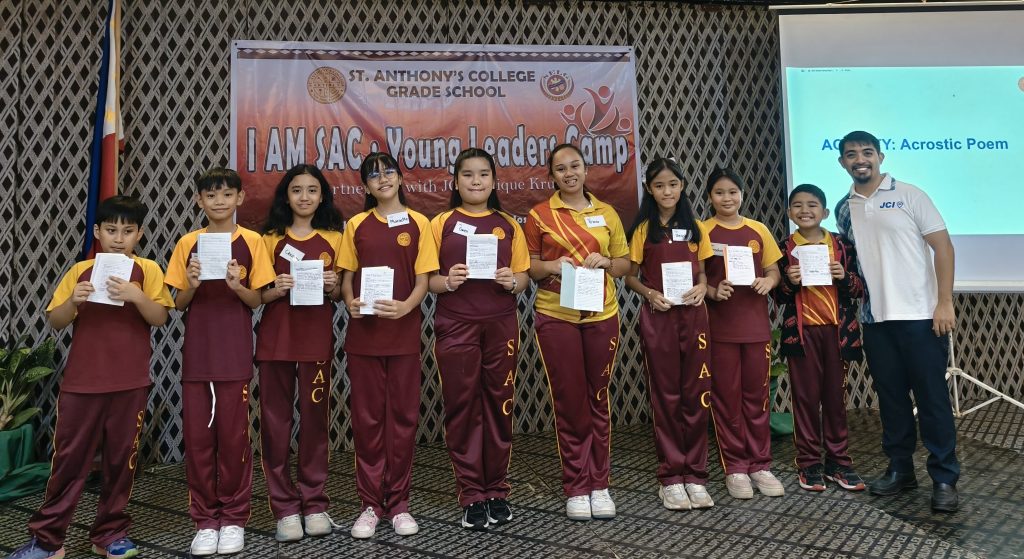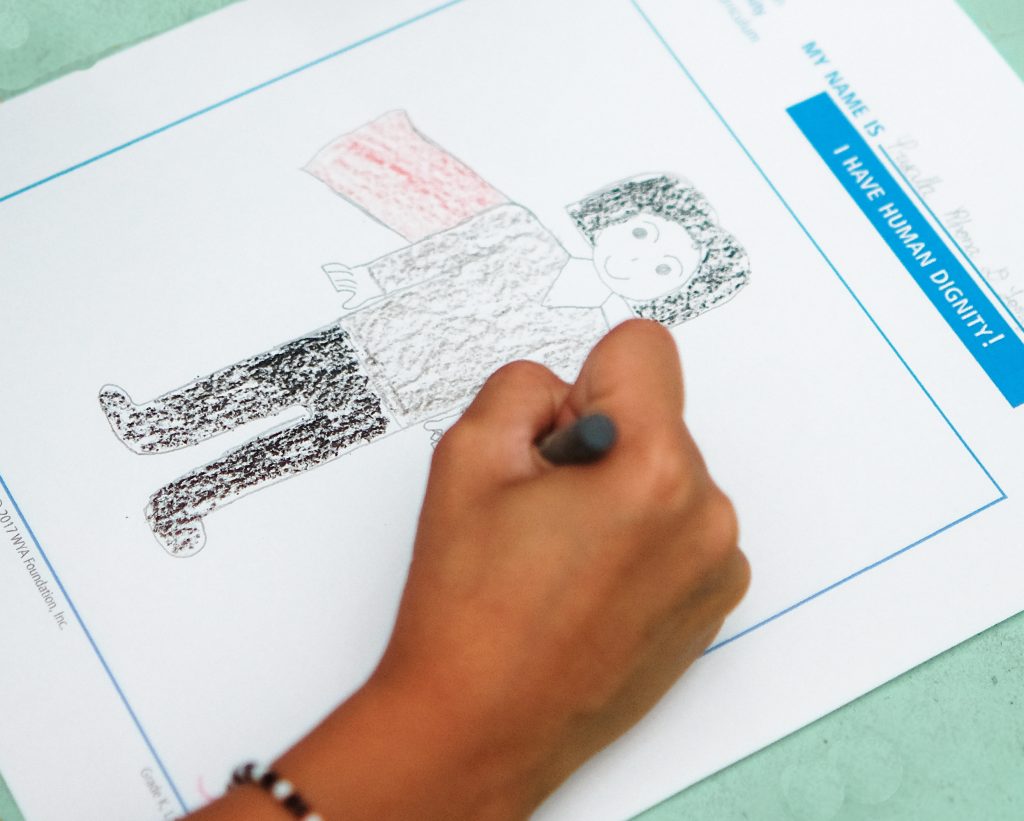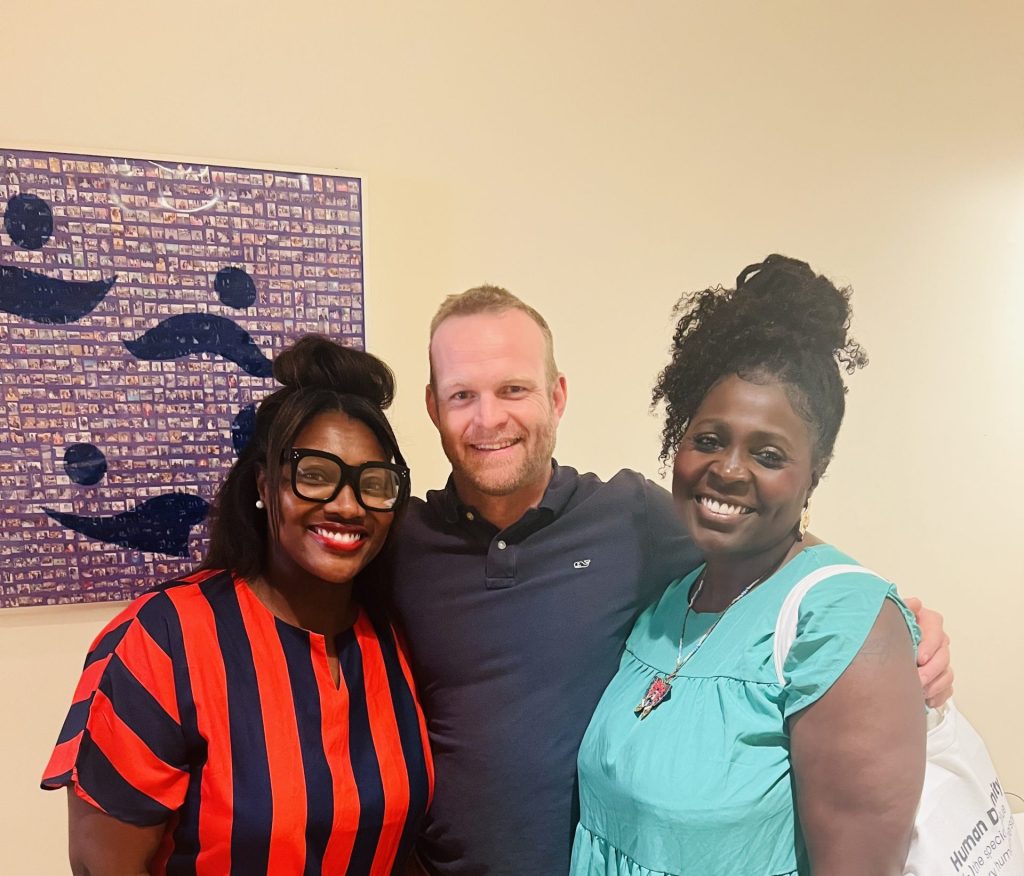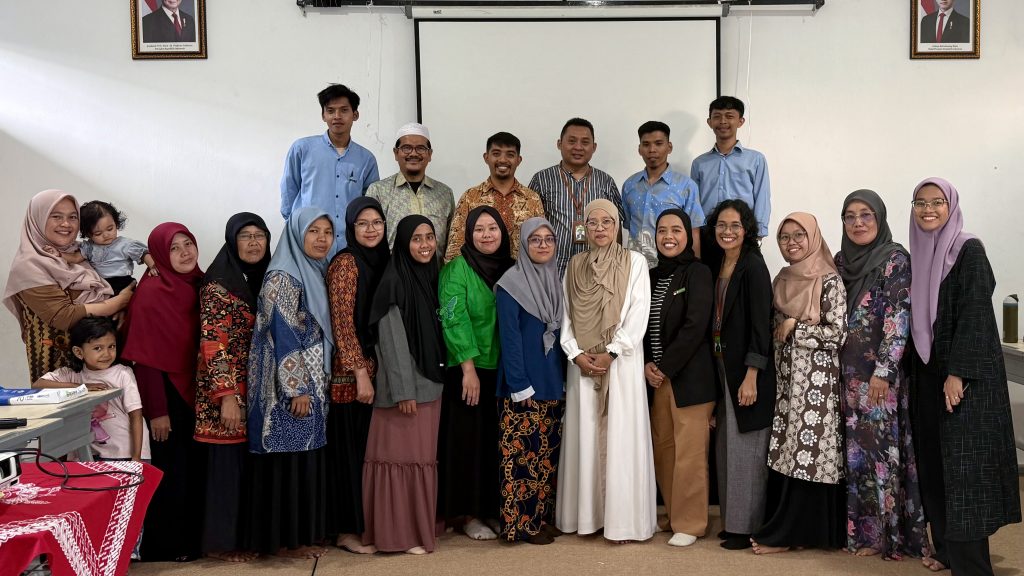One parent could hardly contain her amazement: “My second grader can’t stop talking about what he learned at the camp,” she said with a smile. “He came home explaining what human dignity means, what powers are, and even told us we should elect leaders with integrity.”
This was just one of the many joyful stories from the I Am SAC: Young Leaders Camp, held on September 13–14, 2025, at Hotel Kinaray-a in San Jose, Antique, Philippines. Over 80 students from St. Anthony’s College Grade School, including Supreme Elementary Learner Government officers and homeroom officers, spent two days filled with laughter, discovery, and inspiration. What began as a weekend activity quickly became an unforgettable experience that shaped how the children see themselves and the world around them.
The camp was based on lessons from the Human Dignity Curriculum (HDC), an innovative K–12 education program that helps children discover that dignity is universal, intrinsic, and inalienable. Each session invited the participants not only to learn but to experience the lessons through lively talks, games, and reflections that made big ideas accessible to young hearts and minds.
When they learned about human dignity, the children eagerly shared moments when they felt respected and when they did not. The hierarchy of beings’ lesson sparked curiosity as they realized that while animals and plants have powers, only human beings have the powers to think and choose. During the session on freedom for excellence, the room grew quiet. “So freedom isn’t just doing what I want?” one student asked softly, realizing that true freedom means choosing what is good. They also discovered the “Spider-Man principle” that with great power comes great responsibility, reminding them that their unique human powers must always be used to do what is right.
The room burst with energy during the session on creativity, as the children shared imaginative ideas alongside cultural presentations in the form of songs, dances, and short skits. Their pride and excitement filled the hall, showing that creativity can be a way not only to celebrate culture but also to dream of solutions for the challenges in their communities. In the lesson on courage, students reflected on fears they had faced, such as standing up for a classmate or speaking in front of others, and discovered that resilience makes them stronger. Finally, in the session on heroes, they named not only famous figures but also their parents, teachers, and friends who inspire them by living a life of integrity and service.
For the students, the lessons did more than teach; they inspired a sense of confidence and purpose. “I realized that being a leader is not just about having a title,” one student shared. “It’s about serving others.”
One of the most moving activities was the Dear You letter, where parents or guardians wrote heartfelt notes telling their children why they are valuable and loved. Tears flowed as the children read the letters, many for the first time hearing such words spoken to them. One student whispered, “I didn’t expect to receive this letter. I’ll tell my parents ‘I love you’ more often.” Parents later expressed their gratitude for the chance to affirm their children in such a tender and unforgettable way.
The sweetness of the camp was matched only by the strength of its community. Parents, teachers, and school leaders came together to support the children, and their efforts have sparked a ripple effect. Already, other schools are asking to host similar activities, and a district-wide HDC day camp is being planned to reach hundreds more youth.
The Young Leaders Camp is proof of what happens when families, educators, and organizations unite to invest in young leaders. With the Human Dignity Curriculum as their guide, children are not only learning about human dignity but also understanding how to live the values of the curriculum, including joy, resilience, and courage.
